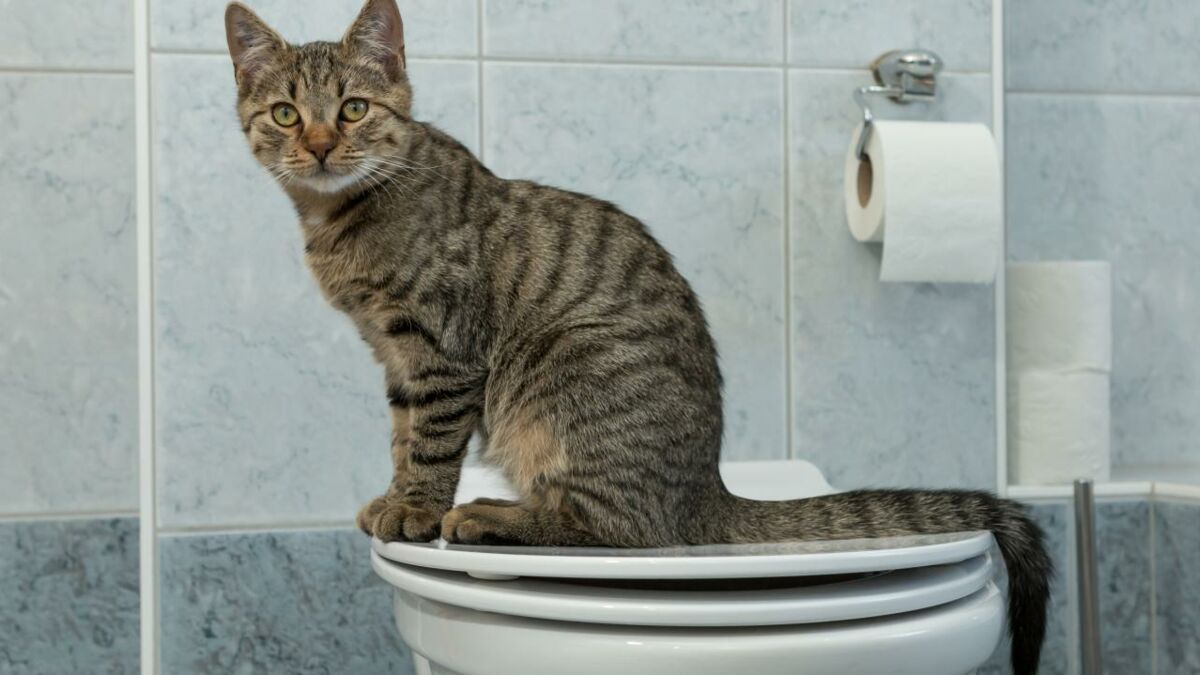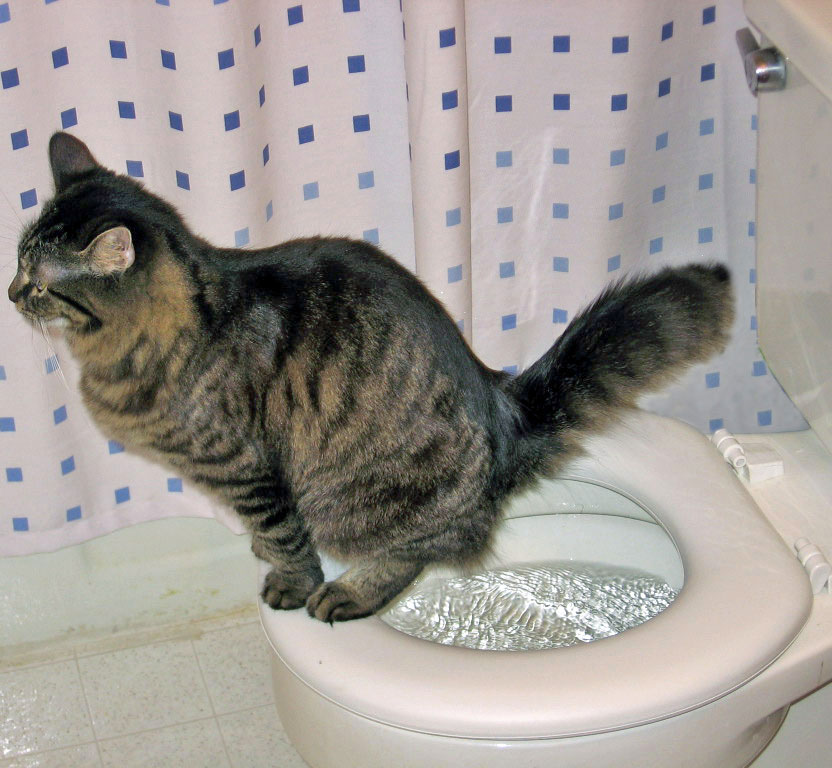Why You Shouldn't Flush Cat Poop Down Your Toilet - Preserve Your Pipe System
Why You Shouldn't Flush Cat Poop Down Your Toilet - Preserve Your Pipe System
Blog Article
The article down below involving How to Dispose of Cat Poop and Litter Without Plastic Bags is totally intriguing. Read it yourself and figure out what you think of it.

Intro
As feline proprietors, it's important to be mindful of how we dispose of our feline close friends' waste. While it might seem practical to purge feline poop down the toilet, this technique can have harmful repercussions for both the setting and human health and wellness.
Environmental Impact
Purging pet cat poop introduces dangerous pathogens and bloodsuckers right into the supply of water, posturing a considerable danger to marine communities. These contaminants can negatively affect aquatic life and concession water quality.
Health Risks
In addition to ecological issues, flushing pet cat waste can additionally pose wellness risks to humans. Feline feces may consist of Toxoplasma gondii, a bloodsucker that can create toxoplasmosis-- a possibly extreme illness, particularly for pregnant women and individuals with damaged body immune systems.
Alternatives to Flushing
The good news is, there are more secure and a lot more accountable methods to get rid of cat poop. Consider the following choices:
1. Scoop and Dispose in Trash
The most common approach of taking care of pet cat poop is to scoop it into a biodegradable bag and toss it in the trash. Make certain to utilize a dedicated trash scoop and take care of the waste quickly.
2. Usage Biodegradable Litter
Choose eco-friendly feline clutter made from materials such as corn or wheat. These clutters are environmentally friendly and can be securely taken care of in the garbage.
3. Bury in the Yard
If you have a lawn, take into consideration hiding feline waste in a marked area far from vegetable gardens and water sources. Make certain to dig deep adequate to prevent contamination of groundwater.
4. Install a Pet Waste Disposal System
Invest in an animal garbage disposal system especially made for cat waste. These systems make use of enzymes to break down the waste, lowering smell and ecological influence.
Verdict
Liable animal possession prolongs beyond offering food and shelter-- it also entails proper waste administration. By avoiding flushing pet cat poop down the commode and opting for different disposal approaches, we can lessen our environmental impact and shield human health and wellness.
Why You Should Never Flush Cat Poop Down the Toilet
A rose by any other name might smell as sweet, but not all poop is created equal. Toilets, and our sewage systems, are designed for human excrement, not animal waste. It might seem like it couldn’t hurt to toss cat feces into the loo, but it’s not a good idea to flush cat poop in the toilet.
First and foremost, assuming your cat uses a litter box, any waste is going to have litter on it. And even the smallest amount of litter can wreak havoc on plumbing.
Over time, small amounts build up, filling up your septic system. Most litter sold today is clumping; it is made from a type of clay that hardens when it gets wet. Ever tried to scrape old clumps from the bottom of a litter box? You know just how cement-hard it can get!
Now imagine just a small clump of that stuck in your pipes. A simple de-clogger like Drano isn’t going to cut it. And that means it’s going to cost you big time to fix it.
Parasitic Contamination
Believe it or not, your healthy kitty may be harboring a nasty parasite. Only cats excrete Toxoplasma in their feces. Yet it rarely causes serious health issues in the cats that are infected. Most people will be fine too if infected. Only pregnant women and people with compromised immune systems are at risk. (If you’ve ever heard how women who are expecting are excused from litter cleaning duty, Toxoplasma is why.)
But other animals may have a problem if infected with the parasite. And human water treatment systems aren’t designed to handle it. As a result, the systems don’t remove the parasite before discharging wastewater into local waterways. Fish, shellfish, and other marine life — otters in particular — are susceptible to toxoplasma. If exposed, most will end up with brain damage and many will die.
Depending on the species of fish, they may end up on someone’s fish hook and, ultimately on someone’s dinner plate. If that someone has a chronic illness, they’re at risk.
Skip the Toilet Training
We know there are folks out there who like to toilet train their cats. And we give them props, it takes a lot of work. But thanks to the toxoplasma, it’s not a good idea.

I ran across that article about Can You Flush Cat Poop Down The Toilet? when doing a lookup on the search engines. Sharing is good. One never knows, you may just be helping someone out. Thanks for going through it.
Request Service Report this page